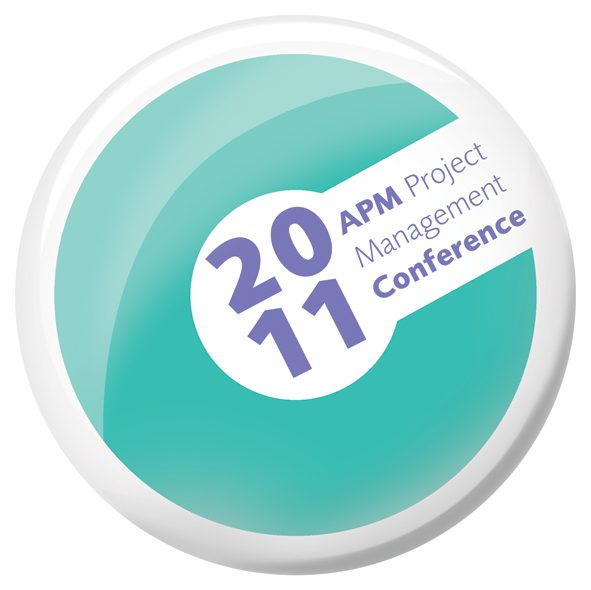Communication is one of those vital life skills; it involves information being transmitted between a sender and a receiver. It is the sender who gives the message – by whatever means – and the receiver who either gets the message verbally or in written form. The success of communication relies on the words themselves but also tone and body language and a good balance is necessary for the right message to be imparted and understood by sender and receiver.
The sender or speaker has more options available to them than the person they are communicating with. They have access to more tools which will allow them to communicate better, the listener has a limited amount of assistance available. This is the main reason why a project manager needs to be good at both types of skill, otherwise there is a very real risk that communications are not fully understood.
The importance of listening properly
At the centre of the information flow for any project is the project manager, for this reason communication should be considered one of the most important parts of their role. They need to be able to:
- Plan the management of communication
- Manage those communications
- Control those communications
Difficult projects
When it comes to complex projects you need to put your PM skills to good use because you will not only be receiving important information but also delivering it too. Good listening is vital because you need to be on top of problems as soon as they occur. Sometimes this might mean adopting a completely different way of thinking.
One way in which this can be done is with the assistance of an advisory network which should be made up of peers in an advisory capacity. This body of peers should be diverse whilst striking the correct balance of “old hands” and “newcomers”. With strong listening skills the open exchange of ideas should be possible to assist with any issues on the project. Not rushing to make judgements, listening fully, and asking detailed questions will all be important tools.
When interacting with other members of the team and with stakeholders, whether brainstorming or communicating complex information, project managers also need to apply their listening skills. It is important to listen to any concerns that stakeholders have in addition to focusing on any issues that the project team might bring to their attention.
“Faulty” listening
Mistakes are often made as a result of “faulty” listening, which can reduce effectiveness and create missed opportunities. Communication is often the key cause of failed projects; information that is not sent or received effectively can have an extremely negative effect on the outcome of any project. It is important that everyone not only listens but takes the time to process what they have heard so that these mistakes can be avoided.



